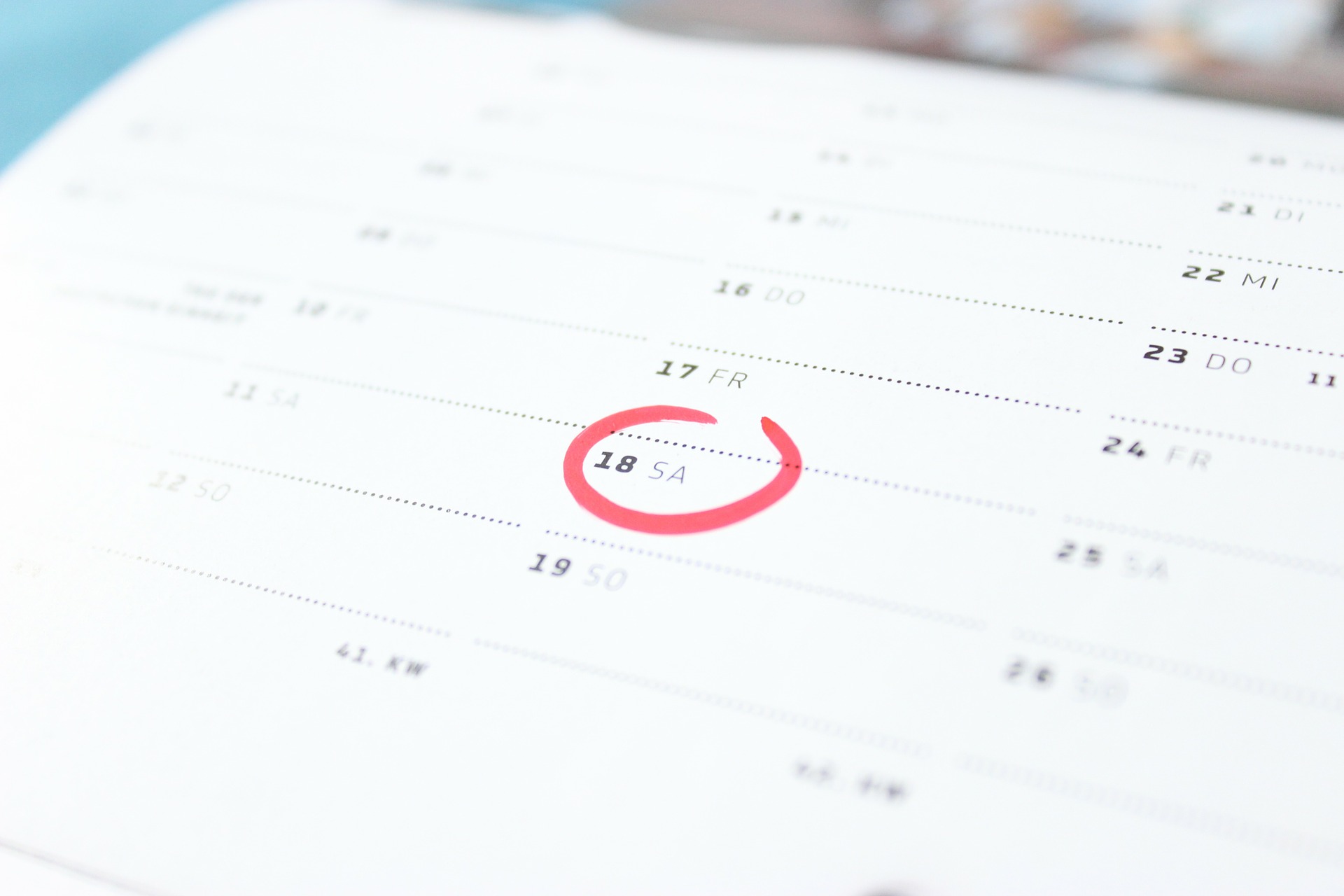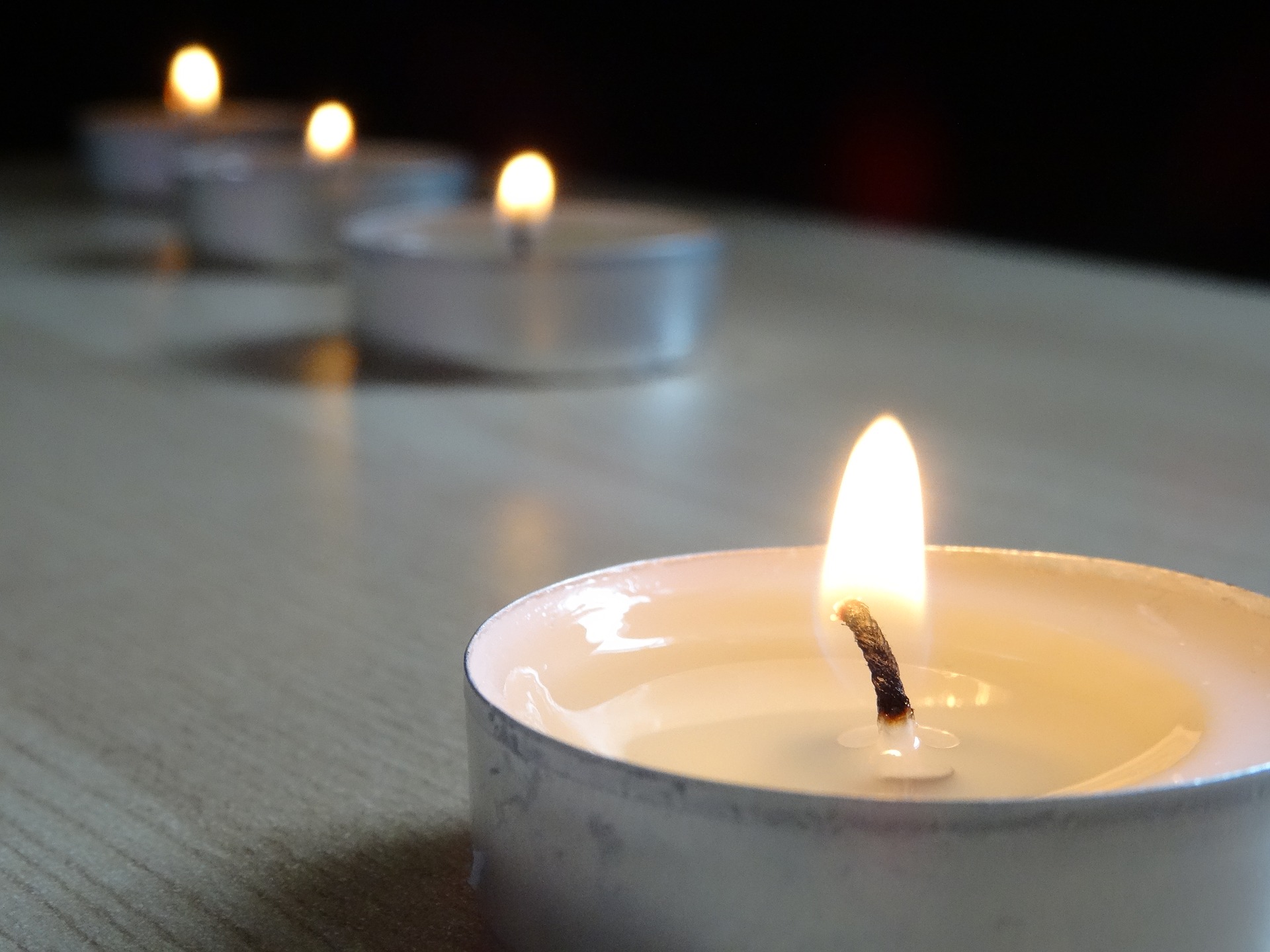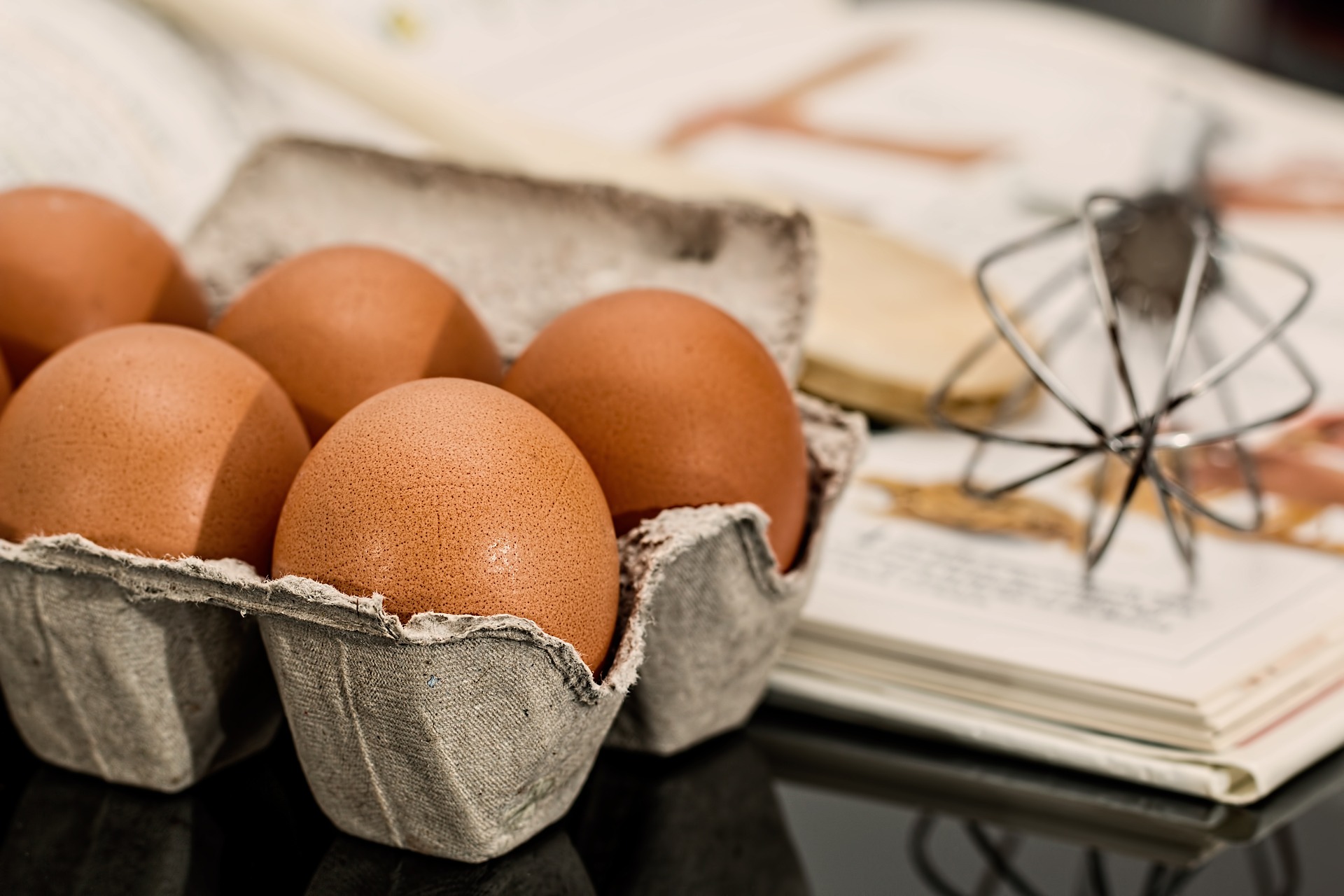
Preparing for The Three Day Yontif
Q: IY”H I plan on eating out next Shabbos (the day immediately after Rosh Hashana).
We don’t plan on cooking for Shabbos.
Is there any reason for me to make an Eruv Tavshilin, and if I do, should I make a bracha when I set aside the Eruv, as well?
Also, if you say I don’t do an eruv tavshilin, and then for whatever reason I decide on Yomtov day to eat at home on Shabbos, is there any way I can cook for Shabbos without making an eruv tavshilin?
A: Before I answer your particular question, I’d like to discuss some of the basic halachos of eruv tavshilin, and then see how that relates to your question.

Eruv Tavshilin overview
Eruv tavshilin is used to permit cooking on Yomtov for Shabbos that follows Yomtov.
Normally, one cannot cook on Yomtov for after Yomtov; although one may do certain melachos on Yomtov in order to prepare food (“m’leches ochel nefesh”), that’s only if it’s intended to be used on Yomtov.
Nevertheless, to cook for Shabbos on Yomtov that comes out on a Friday, Chaza”l say it’s permissible, if you make an eruv tavshilin.
An eruv tavshilin is done by taking at least a k’zayis of a cooked food (that can be eaten with bread, i.e. chicken, fish, eggs), and at least a k’zayis of bread, (l’katchila a k’beitza) and designating it to be your eruv tavshilin.
Many poskim maintain that you should hold the eruv at the time of designating it as your eruv, and say the bracha and then the nusach (we’ll discuss that later), and then put it down.
The eruv is not eaten until after the cooking was done for Shabbos; some have a minhag to eat it by the Shabbos seuda and have the designated bread used as “lechem mishne” on Shabbos for the first two seudos, and eaten by the birchas hamotzi by seuda shlishis, in order to be m’kayeim another mitzvah with that bread.

How does it really work?
We really need to understand, if the Torah prohibits cooking on Yomtov for after Yomtov, how then does an eruv work?
The reason an eruv works is, because m’dorayso even if one cooks on Yomtov for after Yomtov, m’dorayso that’s not a desecration of Yomtov.
Since it’s possible for guests to come and the food can be fed to those guests, that makes the cooking a melacha for “ochel nefesh” on Yomtov, albeit only theoretically, as he does not plan to eat from it on Yomtov.
For this reason, if one cooks on Yomtov day immediately before sunset, the rationale for the heter doesn’t apply; therefore if one relies on an eruv tavshilin, the food still must be cooked with enough time for the food to be ready and eaten somewhat before shkia.
B’shaas hadchak (when one is very pressed) one can cook very late in the day of Yomtov even if it won’t be ready with enough time to be eaten before shkia, as the Mishne Brura paskens we can rely on the opinion in the Rishonim that one may actually cook on Yomtov for Shabbos, although not for a weekday.
The eruv tavshilin only removes the issur d’rabonon of cooking with intention of eating after Yomtov. The idea behind the eruv is that you already started cooking for Shabbos by setting aside the eruv for Shabbos.
On Yomtov you’re only finishing the cooking for Shabbos, and since the issur is only m’drabonon Chaza”l were allowed to finish the cooking via an eruv.
For this reason, if the eruv got eaten before you started your Shabbos cooking, you cannot cook for Shabbos by relying on your eruv.
[In such a case, if the Rav in the community made an eruv for the entire community, you can rely on the Rav’s eruv. One may not rely on a Rav’s eruv l’katchila. Only in a case where one forgot or the eruv got lost, may one rely on the rav’s eruv.]

For shabbat Candles!
Now, if you don’t plan on cooking theoretically you shouldn’t need an eruv tavshilin; however, that’s not really the case. We know that to make an eruv tavshilin we need a tavshil, i.e. a cooked food to allow cooking for Shabbos.
Also, bread should be part of the eruv to allow baking for Shabbos. B’dieved if one didn’t designate bread, just a tavshil, that suffices. (If one doesn’t plan on baking, even l’katchila one doesn’t have to make bread part of the eruv; the minhag though is to always add bread to the eruv.)
However, besides cooking and baking there are other things that the eruv works for as well.
Actually, when one makes an eruv tavshilin, after the bracha one says an entire nusach, “with this eruv it should be muttar for us to cook, to bake, to do hatmana (insulate food to
maintain warmth), to light a fire, to prepare, and to do anything necessary on Yomtov for Shabbos”.
[If one didn’t say the nusach many hold the eruv is invalid.]
You see from that nusach that the Shulchan Aruch brings that one cannot light Shabbos candles on Yomtov – on Friday afternoon, unless one made an eruv tavshilin.
However, there are opinions who maintain that to light Shabbos candles one doesn’t need an eruv tavshilin.
(Acc. to that opinion one doesn’t say “to light a fire” in the nusach.)
So, just in order to light Shabbos candles, there’s a good reason to make an eruv tavshilin, even if you do not plan on cooking at all on Yomtov for Shabbos.
However, that might not be enough to make a bracha on that eruv, as there are opinions that one doesn’t need an eruv to light Shabbos candles.

Final Answer
Now, Rav Moshe Sternbuch Shlit”a maintains (moadim u’zmanim 7:122) that even if one doesn’t plan on cooking on Yomtov for Shabbos, still there is a mitzvah to make an eruv tavshilin and one could make a bracha.
Nevertheless, it seems that many poskim argue, so it would be advisable to avoid this sheila, and do some sort of a melacha or even a hachana (a preparation) on Yomtov for Shabbos [preferably relating to the seuda, i.e. chopping up a salad on Yomtov for Shabbos], thus requiring an eruv acc. to everyone. That way you can make a bracha on the eruv without a question.
So in your case, you definitely have to make an eruv tavshilin, and as we said, you can also make a bracha, just try to do something on Yomtov that would certainly require an eruv tavshilin; since you’re making a bracha it would be wise not to rely solely on lighting Shabbos candles.

What if i forgot?
Now, in a case where someone needs an eruv tavshilin and forgot to make one, or thought it was not necessary and then realized that was a mistake (they decided to eat at home on Shabbos), since not having an eruv was due to a mistake, one can rely on the eruv tavshilin the community rav made, and was m’zakeh to the entire community.
In the extremely unlikely event that no such an eruv exists, you can cook for your Yomtov meals, and throw in extra into the pot, that there should be enough left over for your Shabbos meals as well.
You can also cook many different dishes, as long as you make sure to eat something from all the different dishes on Yomtov, even though it’s obvious you’re not going to eat all that on Yomtov. And regarding lighting candles for Shabbos, if you don’t have an eruv tavshilin to rely on, you may light only one candle.